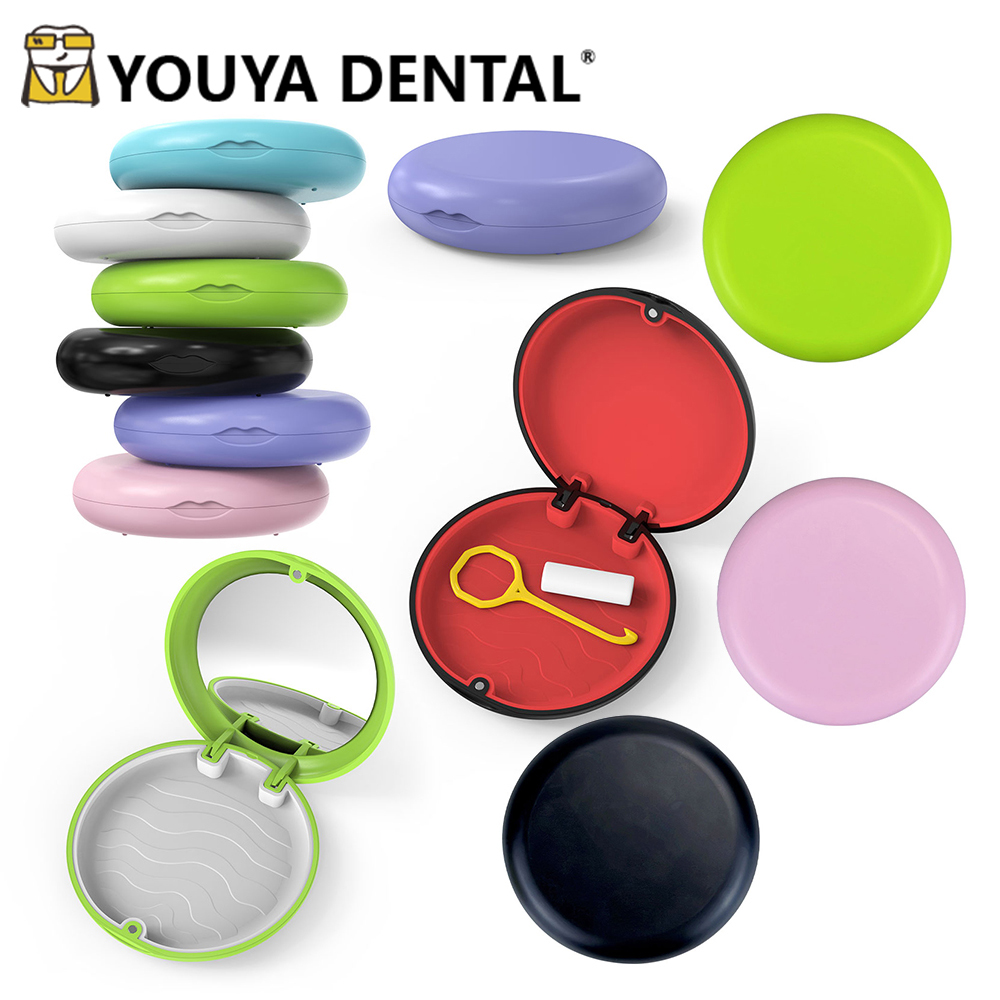Best of Retainer Case Mouth Guard Case Orthodontic Denture Storage Container Carabiner Hook Air Vent Holes Dental Teeth Retainer Box Reviews & Tips
The Ultimate Guide to Retainer Cases: Protecting Your Smile
Investing in orthodontic treatment is a significant step towards a healthier and more confident smile. But the journey doesn't end with the removal of your braces. Maintaining your newly straightened teeth requires diligent care, and a crucial part of that is ensuring your retainer stays clean and protected.
This is where a high-quality retainer case comes into play. A good case not only keeps your retainer safe from damage but also prevents it from getting lost or misplaced. In this comprehensive guide, we'll explore the features and benefits of various retainer cases, helping you choose the best one for your needs.
Why You Need a Retainer Case
- Protection from Damage: Retainers are delicate and can easily get scratched, broken, or warped. A case provides a protective barrier against everyday wear and tear.
- Hygienic Storage: A retainer case helps keep your retainer clean by preventing dust, dirt, and bacteria from accumulating on it.
- Organization and Convenience: A designated case keeps your retainer organized and easily accessible, preventing you from misplacing it.
- Travel-Friendly: Many retainer cases come with travel-friendly features like a carabiner hook, making it easy to attach to your bag or keys.
Key Features of a Retainer Case
Here's a breakdown of the essential features to look for in a retainer case:
1. Material
Retainer cases are typically made from durable materials like:
- Plastic: Lightweight, affordable, and easy to clean.
- Metal: More robust and long-lasting, often with a sleek finish.
2. Size and Fit
The case should be large enough to accommodate your retainer comfortably, but not too big that it becomes bulky or difficult to carry.
3. Air Vent Holes
Air vent holes allow for air circulation, preventing moisture buildup and ensuring your retainer stays dry.
4. Carabiner Hook
A carabiner hook offers a convenient way to attach your retainer case to your bag, belt loop, or keychain, reducing the risk of losing it.
5. Cleaning
Choose a case that is easy to clean and disinfect. Some cases have removable parts for more thorough cleaning.
Types of Retainer Cases
Retainer cases come in various styles and designs to suit different preferences:
1. Basic Retainer Cases
These are simple, compact cases that provide basic protection for your retainer. They are usually made from plastic and are affordable.
2. Travel Retainer Cases
These cases are designed for portability and often feature a carabiner hook, making them ideal for travel. They may also have extra compartments for storage of other dental care items.
3. Orthodontic Cases
These cases are specifically designed for orthodontic retainers, often with special features like a removable tray for cleaning or a mirror for checking your retainer.
4. Denture Cases
Denture cases are larger and more robust, suitable for storing dentures. They may have multiple compartments for storing different parts of your dentures.
Choosing the Right Retainer Case
When choosing a retainer case, consider these factors:
- Type of Retainer: Different retainers require different types of cases. For example, a removable clear aligner would need a case with a different shape than a fixed retainer.
- Usage: If you travel frequently, a travel-friendly case with a carabiner hook would be ideal. If you mainly use it at home, a basic case may suffice.
- Budget: Retainer cases range in price, from basic plastic cases to more expensive metal or travel cases.
- Personal Preference: Choose a case that you find comfortable and convenient to use.
FAQs
Q: How often should I clean my retainer case?
You should clean your retainer case at least once a week to prevent bacteria and mold buildup. Wash it with soap and water, and make sure to dry it thoroughly before storing your retainer.
Q: Can I use a toothbrush to clean my retainer case?
While a toothbrush can be helpful for removing stubborn debris, avoid using a hard-bristled toothbrush as it can scratch the case. A soft-bristled toothbrush or a soft cloth is a better option.
Q: How do I know if my retainer case is damaged?
Look for any cracks, breaks, or loose parts in the case. If you notice any damage, replace the case immediately to ensure your retainer stays protected.
Q: Can I use a regular toothbrush case for my retainer?
While a toothbrush case may seem like a suitable option, it is not recommended. Toothbrush cases are not specifically designed for retainers and may not provide adequate protection or ventilation.
Q: Where should I store my retainer case?
Store your retainer case in a cool, dry place, away from direct sunlight and heat. Avoid storing it in a bathroom or other humid areas.
Conclusion
A quality retainer case is an essential investment for protecting your investment in orthodontic treatment. By choosing the right case and taking proper care of it, you can keep your retainer clean, safe, and in good condition for years to come.
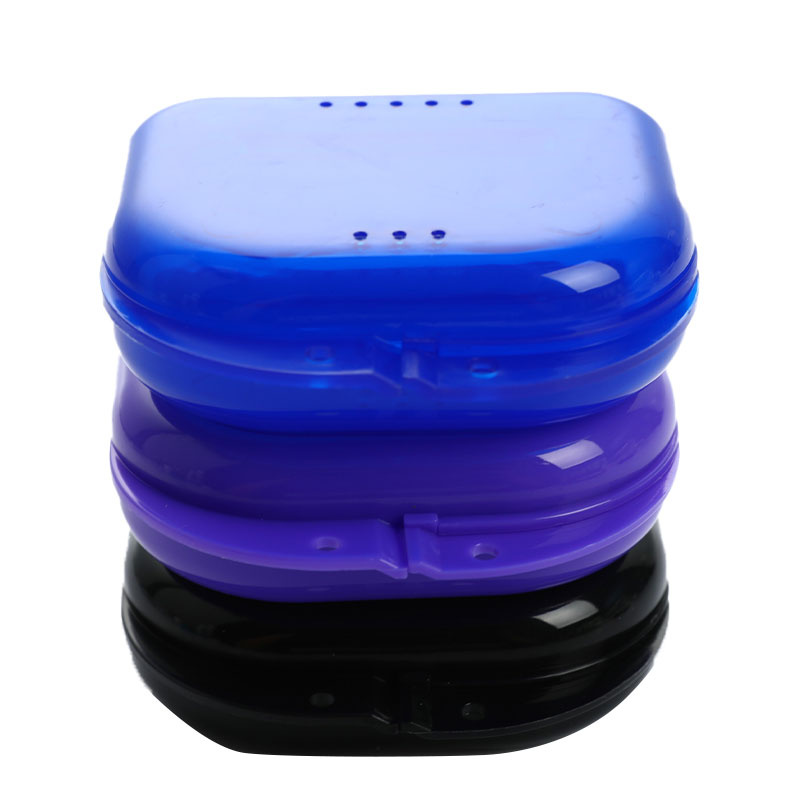





Full Specifications:
| Type: | Denture Storage |
| Origin: | Mainland China |
| Store Name: | Unique Hair Care Store Store |
| Store Rating: | 91.7% |
| Product Feedback Rating: | 5 / 5 |
| Buyers Impressions: | Fits my retainer perfectly, quite useful, product |
Discover Related Comparisons: Retainer Case Mouth Guard Case Orthodontic Denture Storage Container Carabiner Hook Air Vent Holes Dental Teeth Retainer Box Options & Alternatives
Dental Denture Box Orthodontic Dental Mouth Guard Box Retainer Case False Teeth Plastic Storage Whitening Container Denture Box
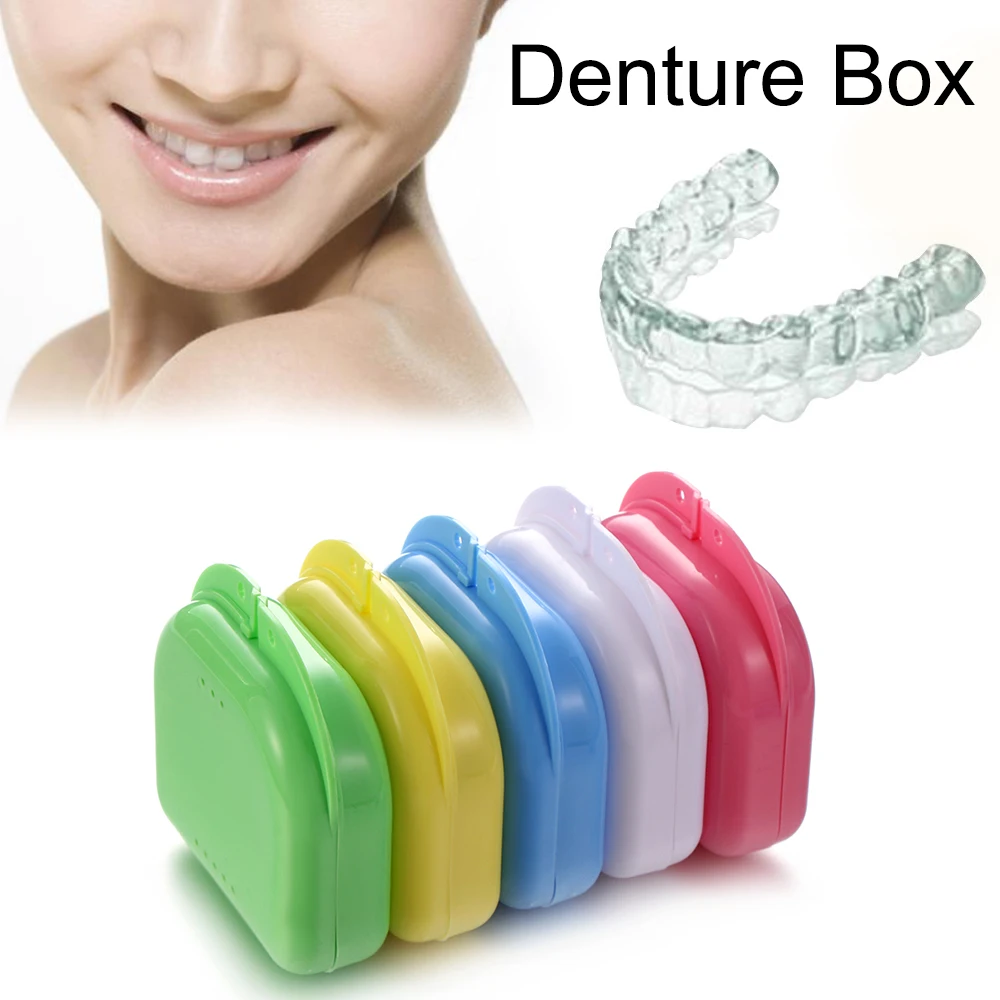
Retainer Case Orthodontic Organizer Box Dental Appliance Supplies Denture Fake Teeth Mouth Guard Container Denture Storage Box
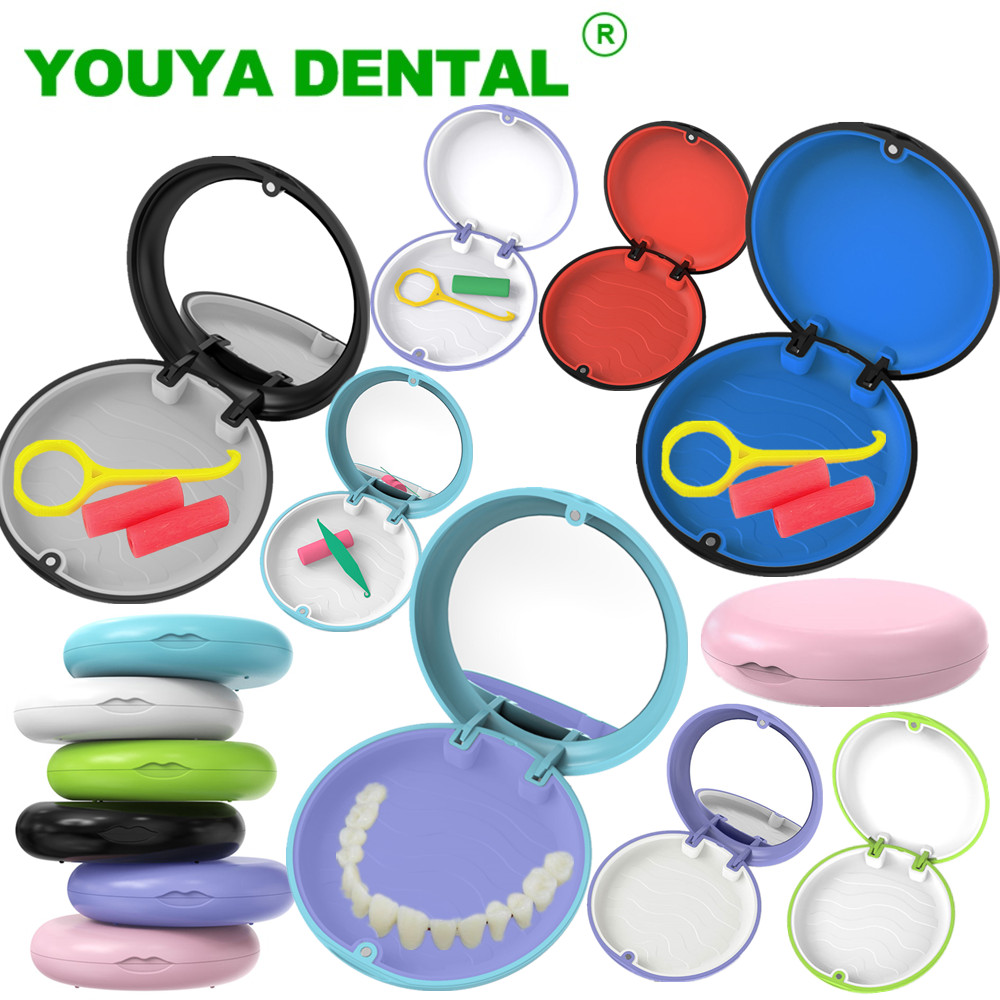
Denture Box With Net Bath Case Dental Orthodontic Retainer Braces Mouth Guard Case False Teeth Storage Box Organizer Container
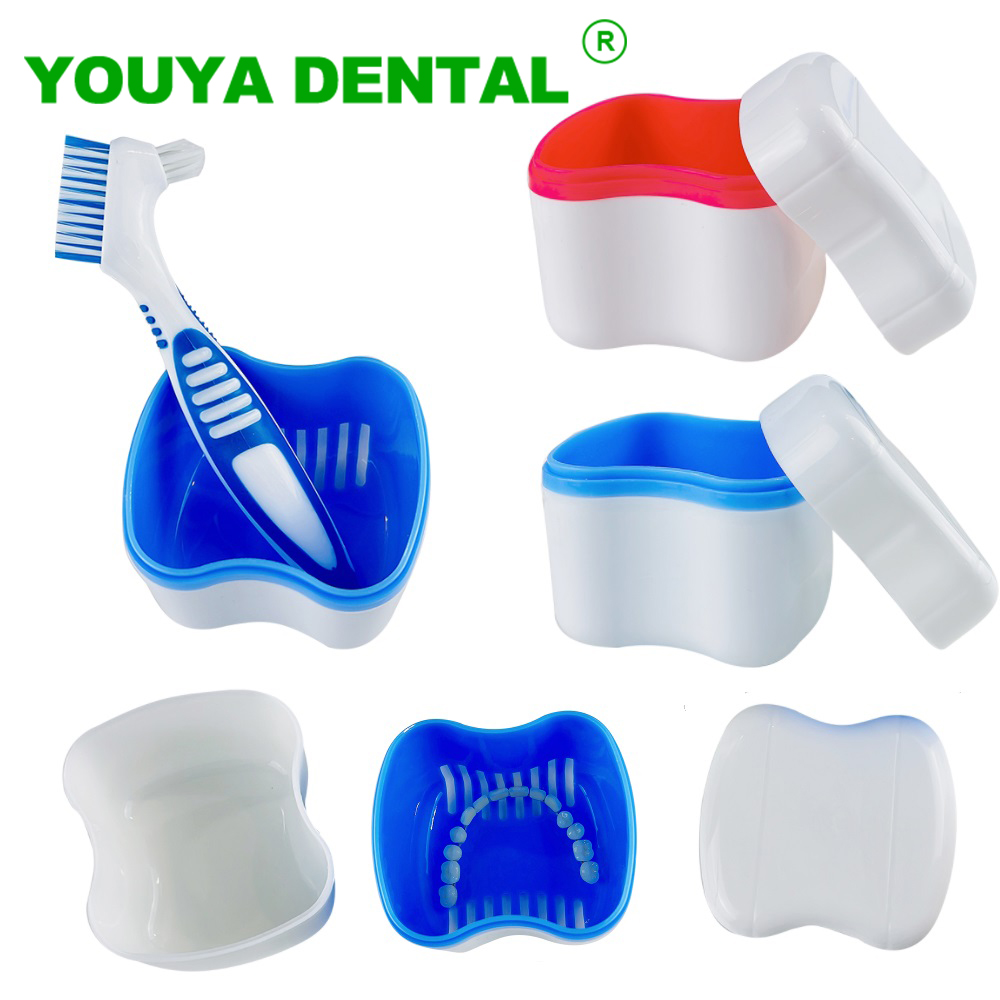
1Pcs Orthodontic Braces Case Dental Retainer Box Storage Case Magnetic Aligner Mouth Guard Container For Teeth False Denture Box
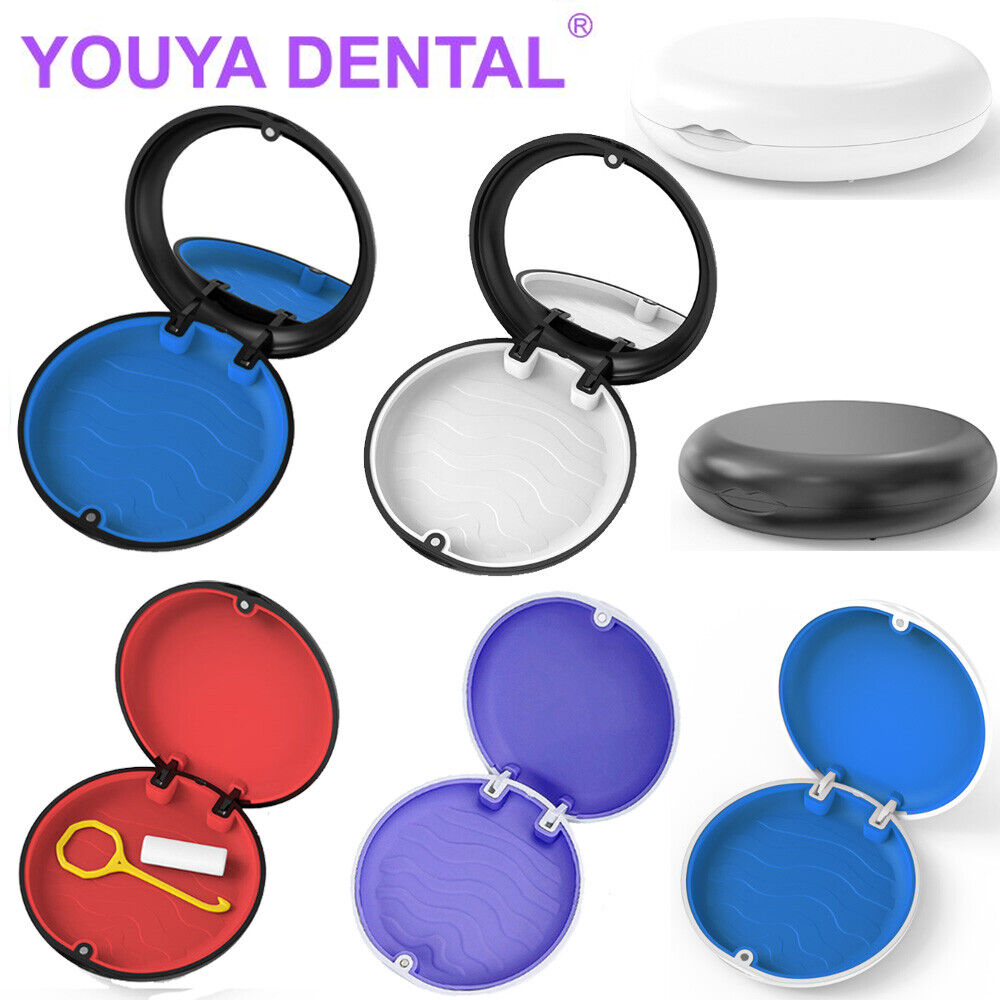
Dental Denture Box With Net Bath Case Fake Teeth Storage Box Orthodontic Retainer Braces Mouth Guard Case Organizer Container
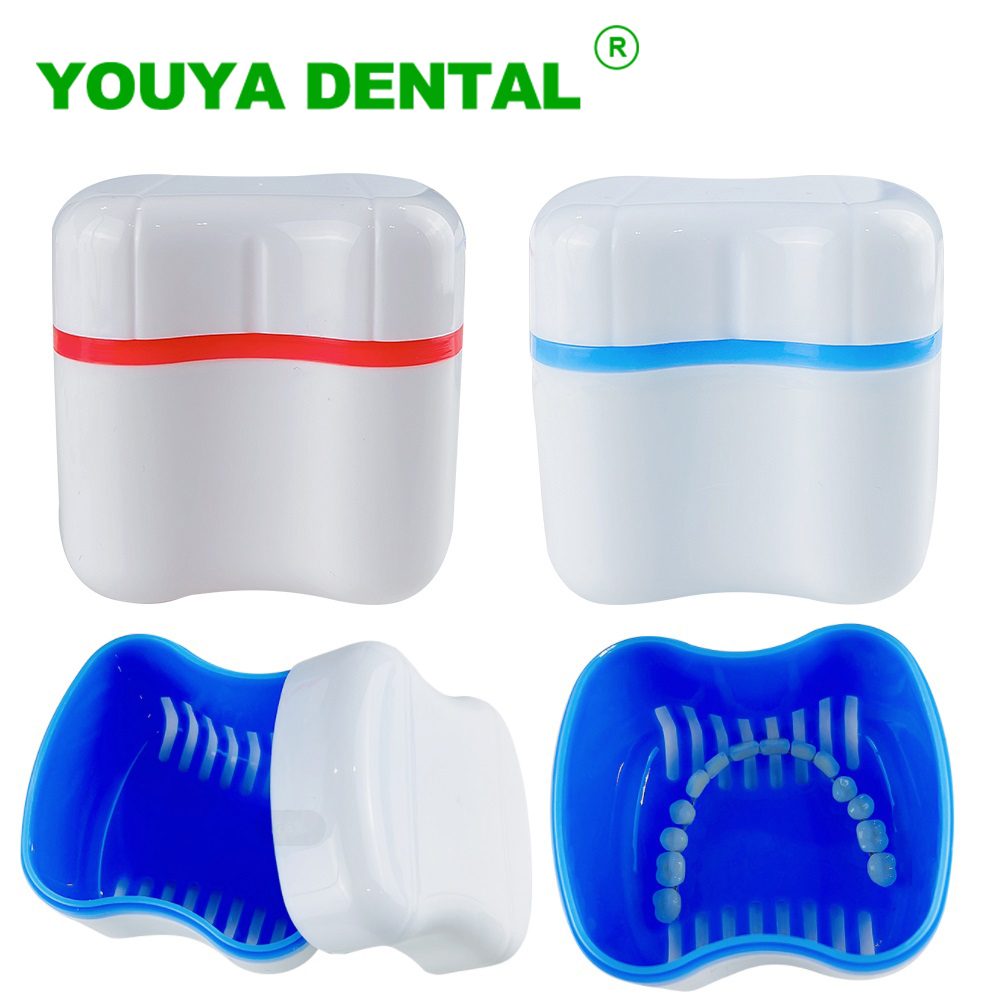
Denture Storage Box Orthodontic Mouth Guard Retainer Case Dental False Teeth Container Plastic Oral Care Supplies Organizer
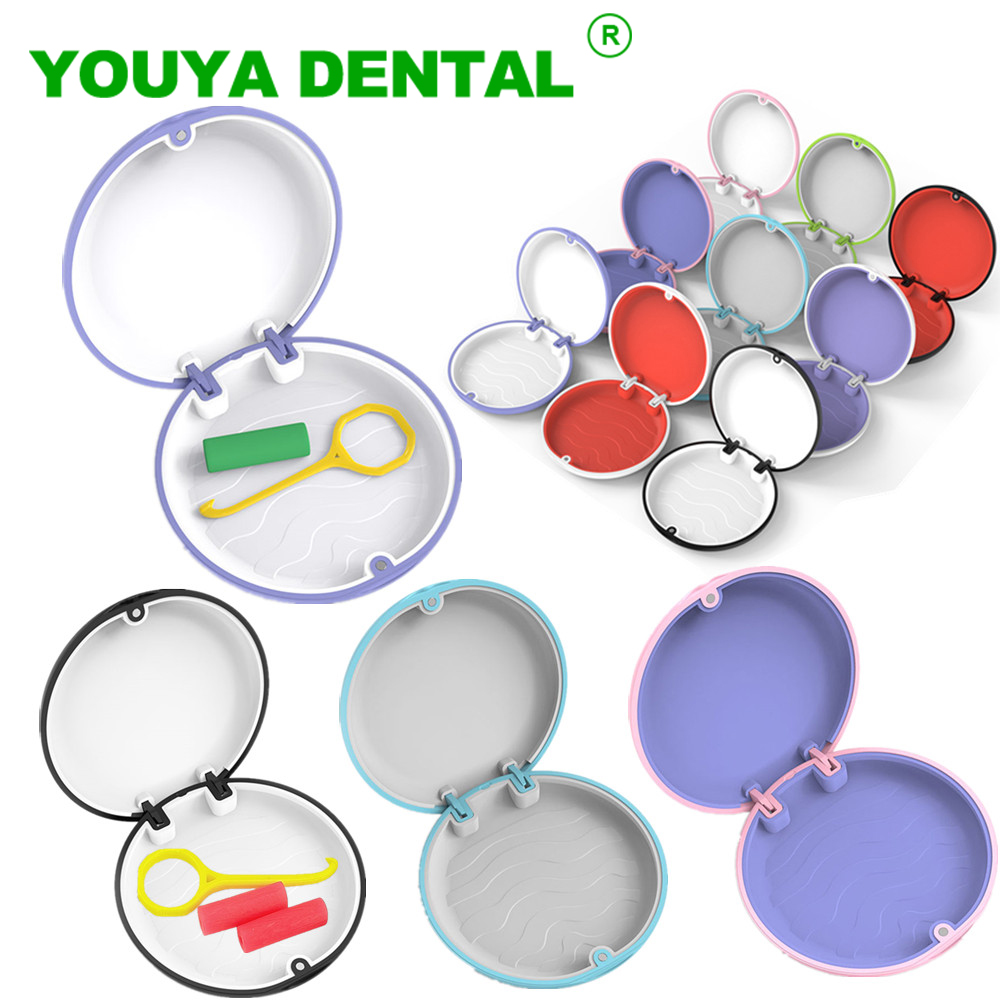
Fake Toothbrush Denture Case Fake Teeth Box Container Orthodontic Case Dental Retainer Mouth Guard Oral Hygiene Organizer
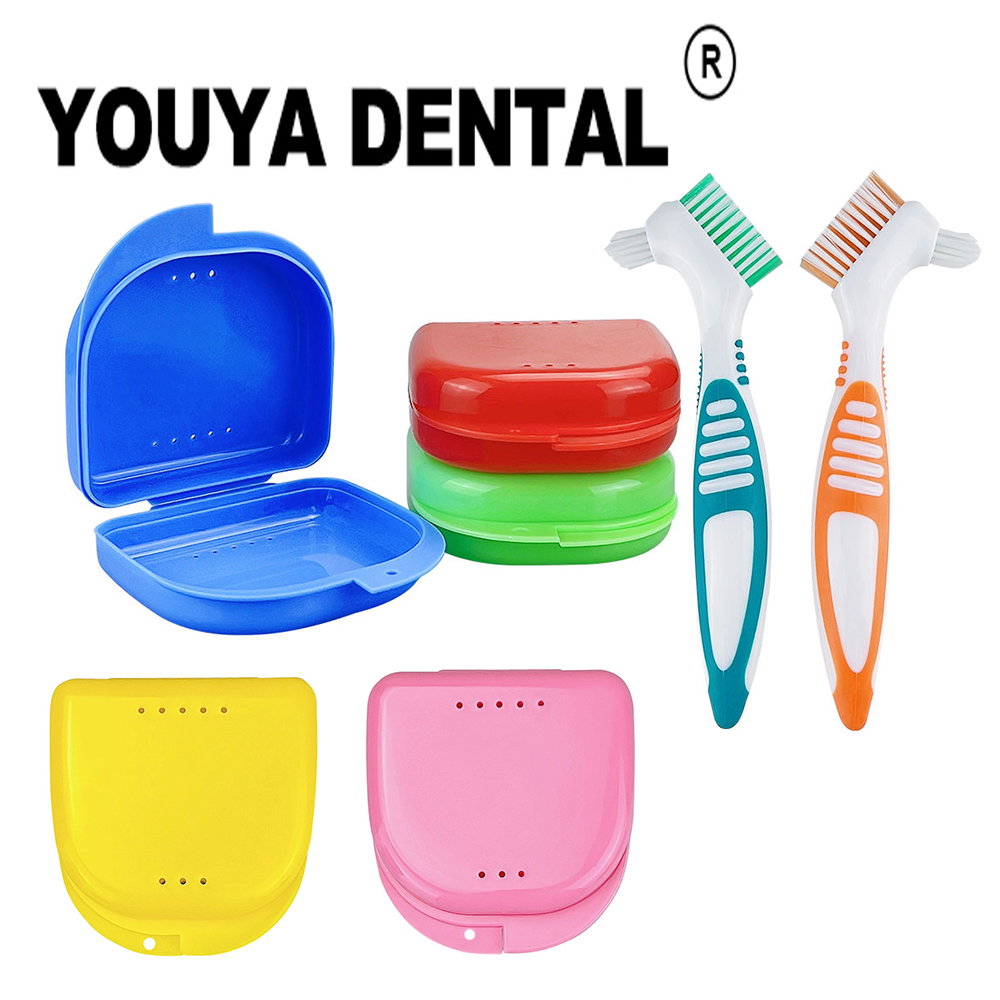
20pc Dental Retainer Case Orthodontic Aligner Brace Storage Box Denture Teeth Container Oral Hygiene Mouth Guard Protective Care
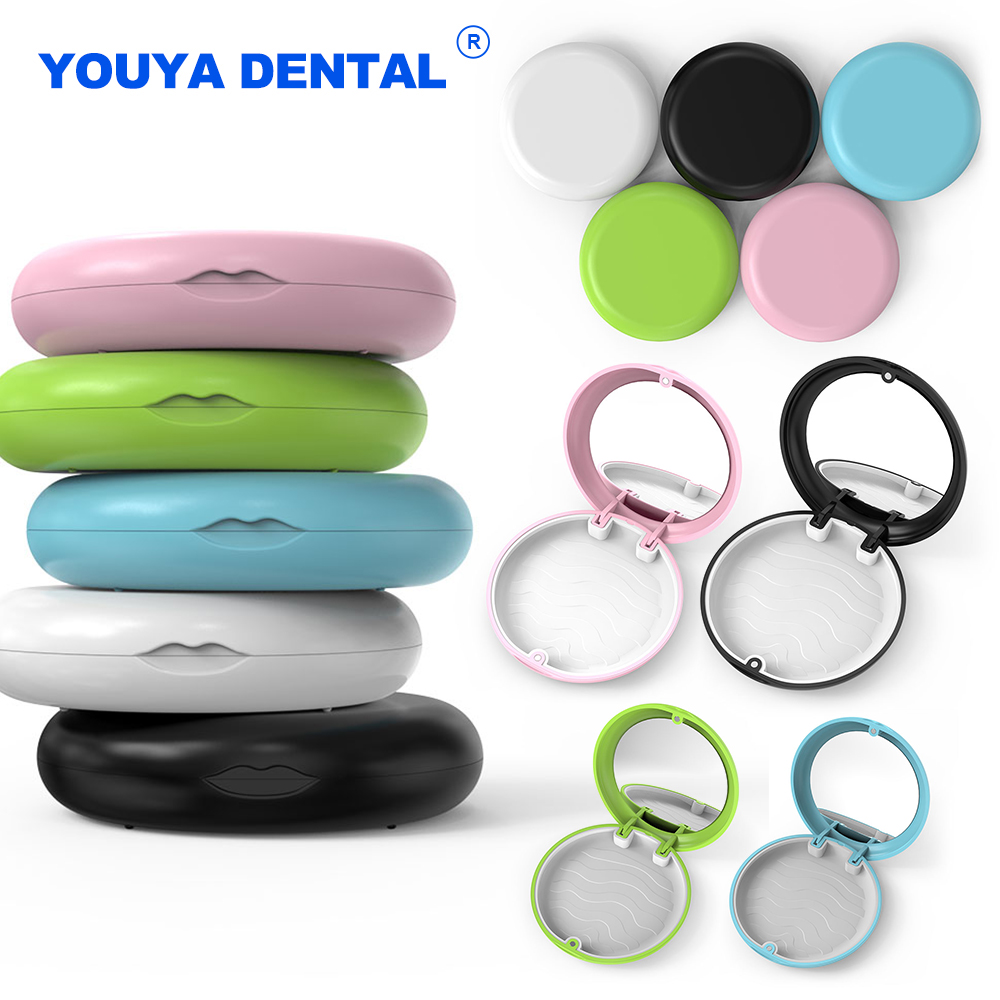
20pcs / pack Orthodontic Braces False Tooth Box Portable Retainer Case Vent Holes Dental Denture Box False Teeth Protective Case

Denture Bath Storage Box Fake Teeth Orthodontic Retainer Case Mouth Guard Container Plastic Organizer Oral Hygiene Supplies
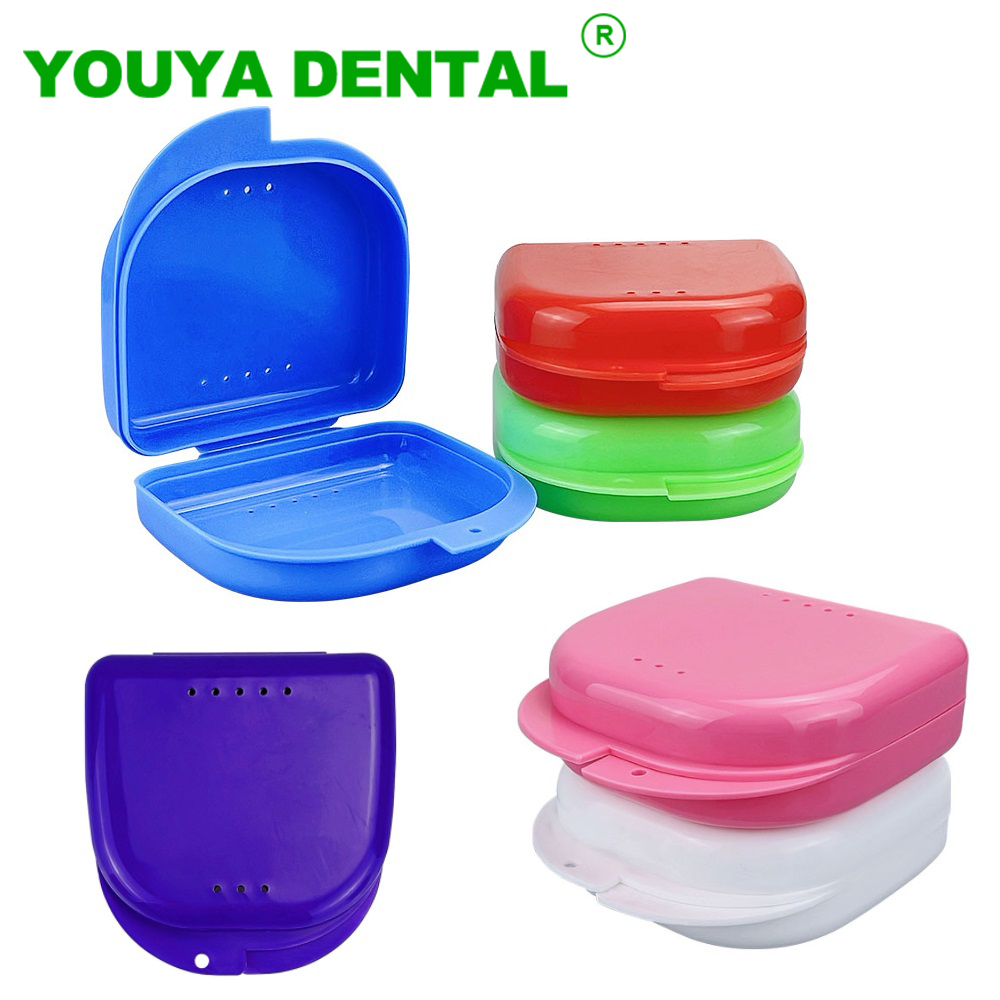
Denture Storage Box Dental Retainer Orthodontic Mouth Guard Container Plastic Oral Hygiene Supplies Tray Dental Appliance Case
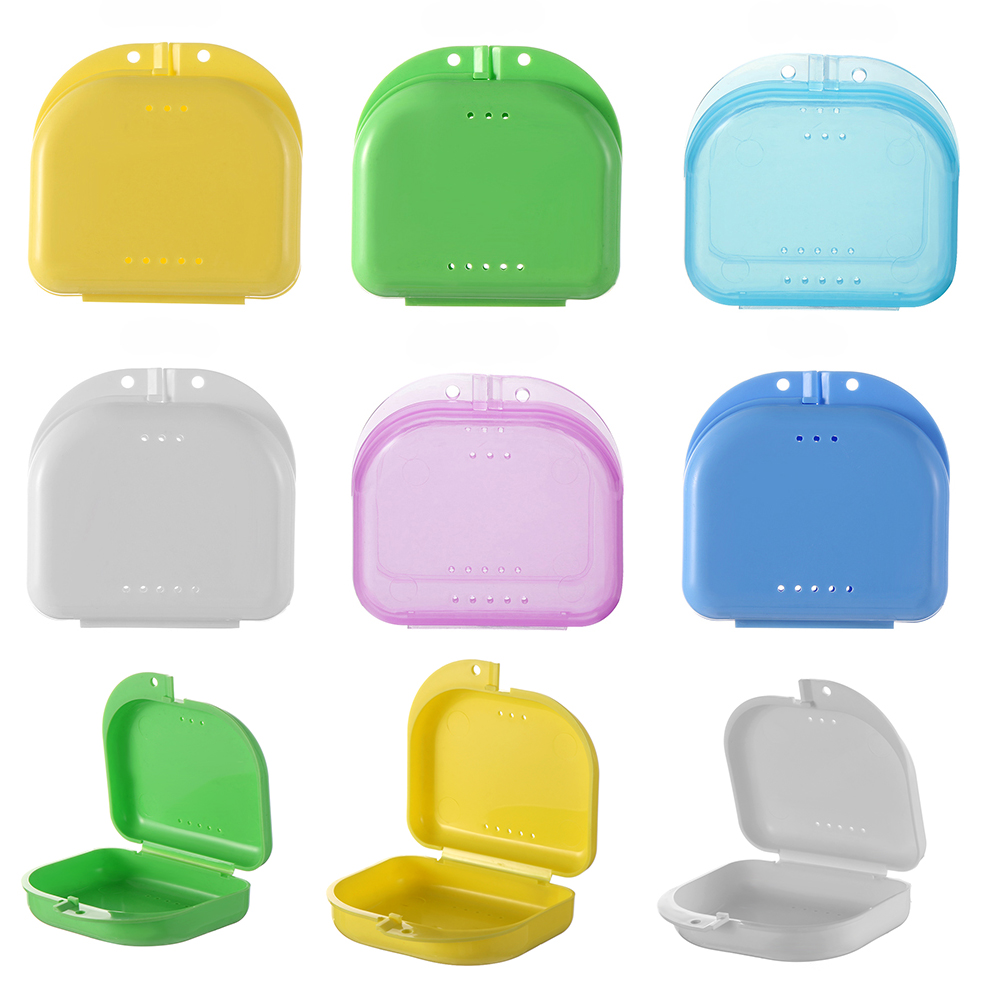
Orthodontic Case Retainer Case Denture Storage False Bath Box Braces Boxes Mouth Guard Oral Hygiene Organizer Container
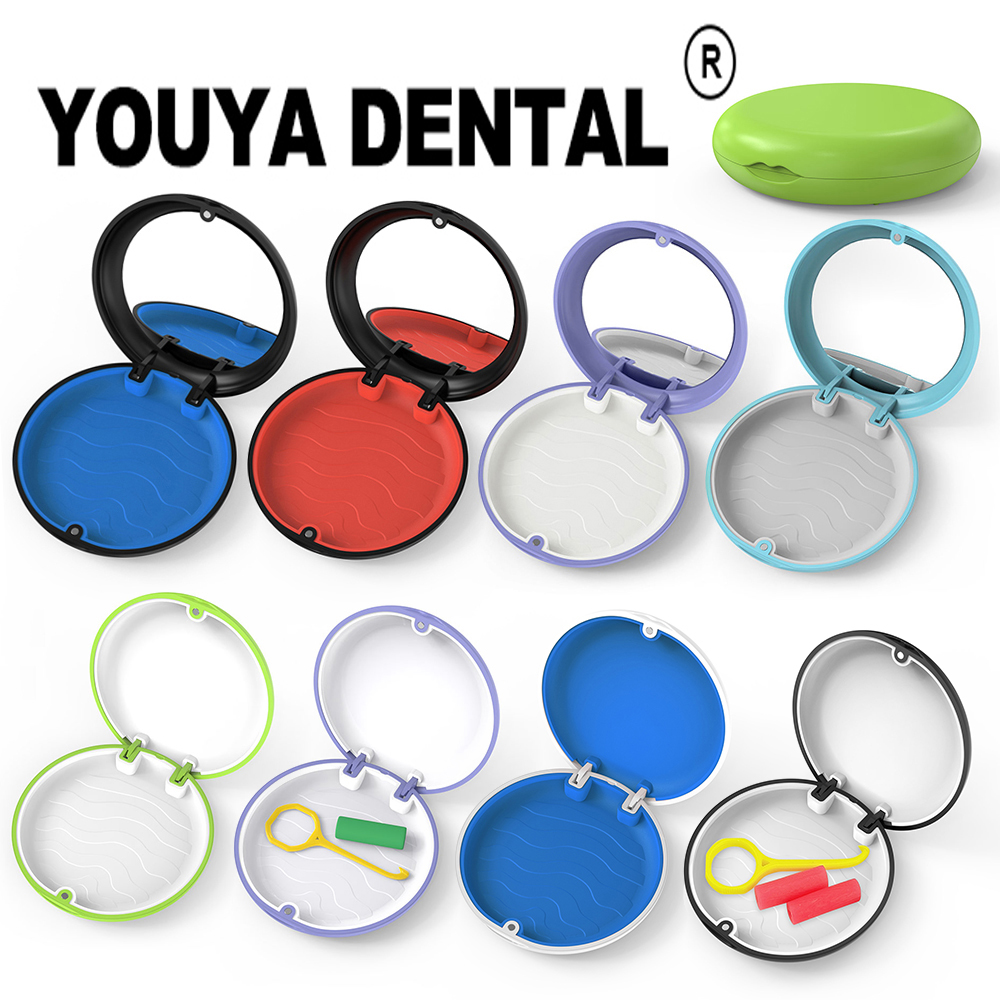
Dental Retainer Case Fake Teeth Box Orthodontic Denture Storage Box Mouth Guard Braces Aligner Case Oral Care Tool Organizer Hot
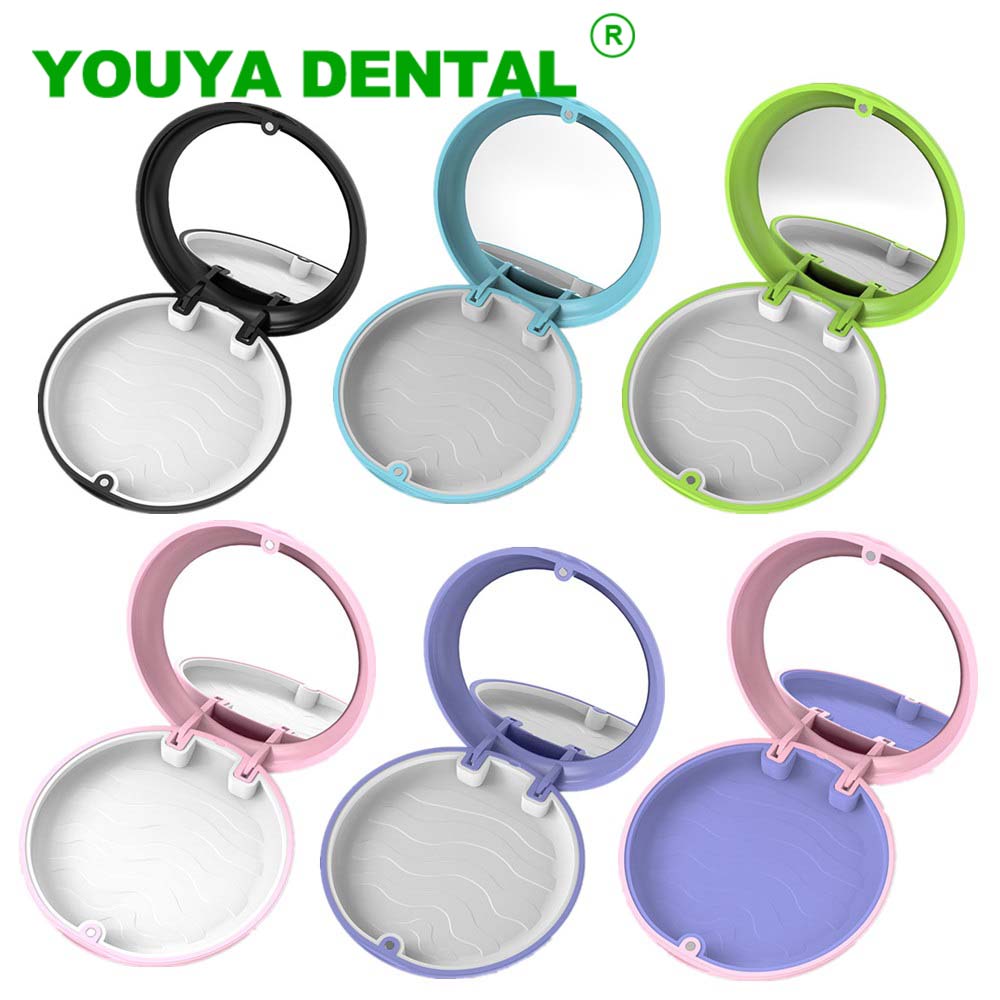
6 Colors Aligner Case Orthodontic Storage Box Fake Teeth Denture Case Dental Retainer Mouth Guard Braces Organizer Oral Care
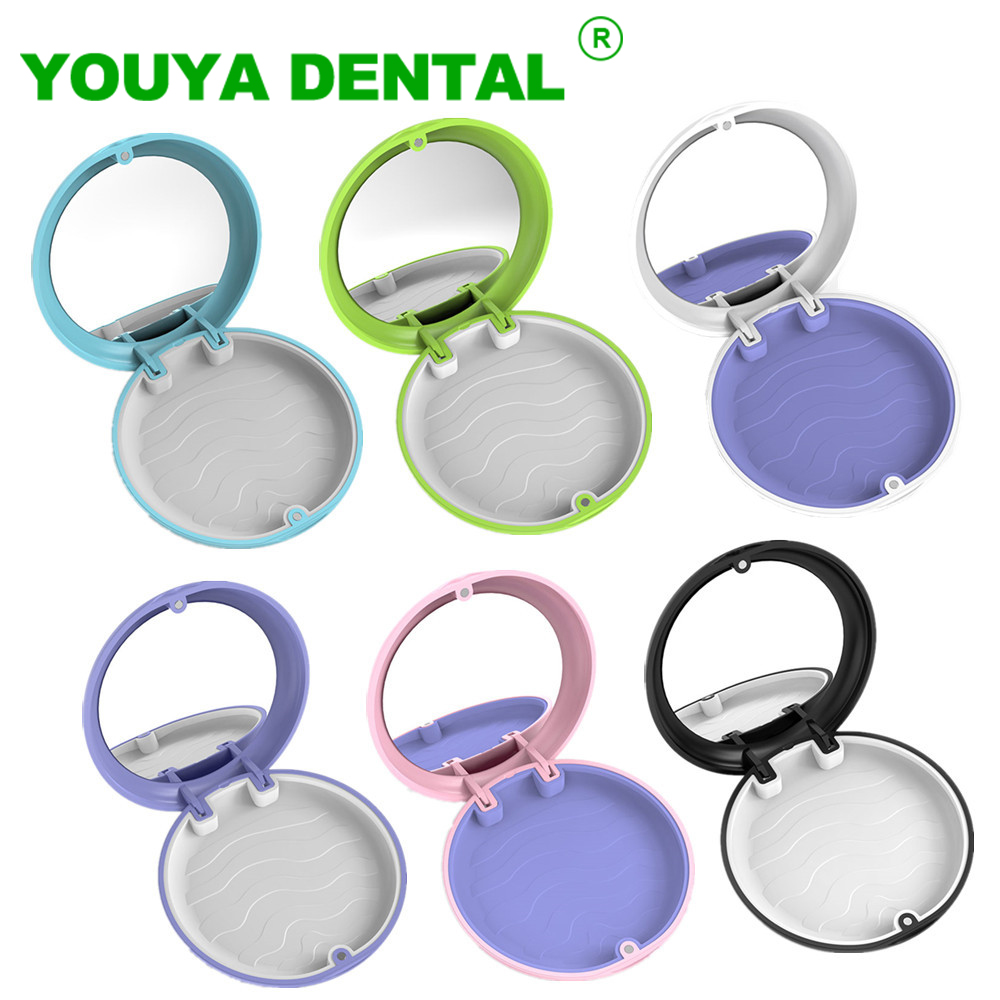
1pcs Silicone Dental Denture Case Retainer Storage Box Mouth Guard Container Orthodontic Sealed Braces Box Oral Hygiene Supplies
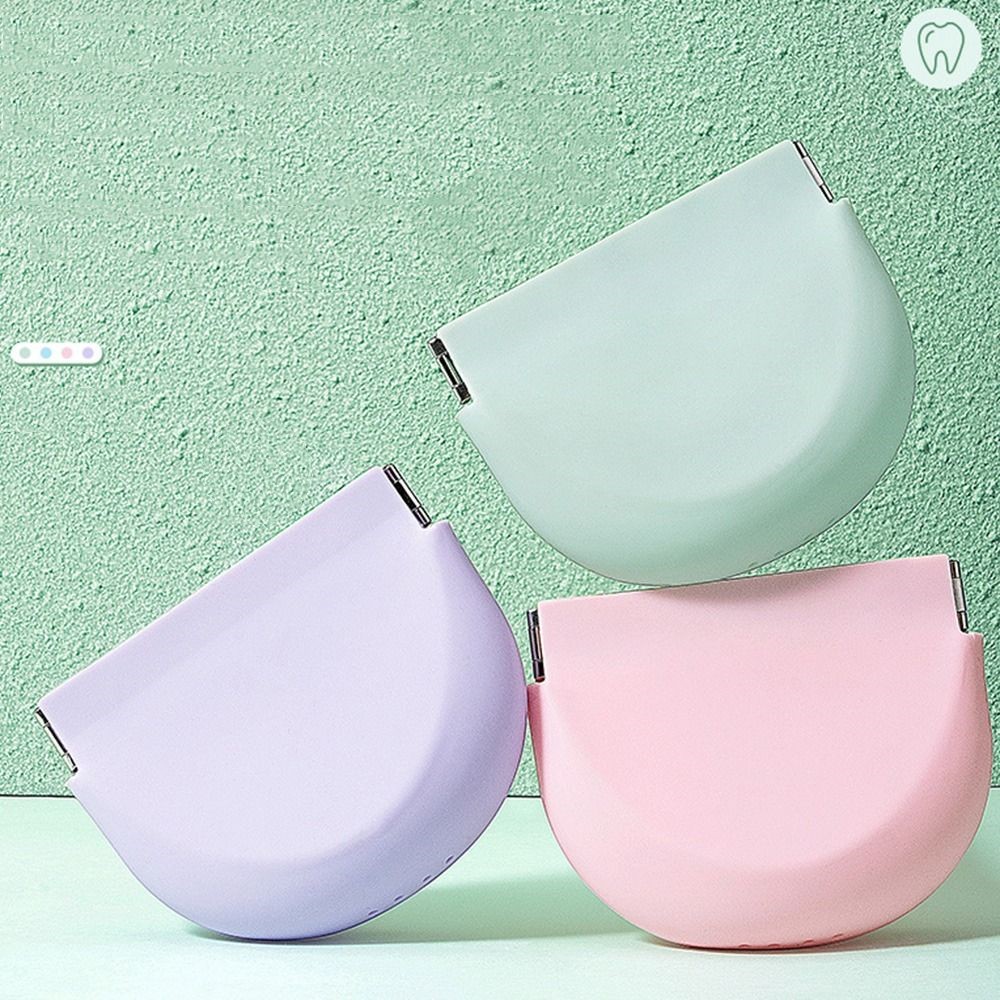
1PC Colorful Denture Storage Box Retainer Orthodontic Mouth Guard Container Oral Hygiene Supplies Tray Dental Appliance Case
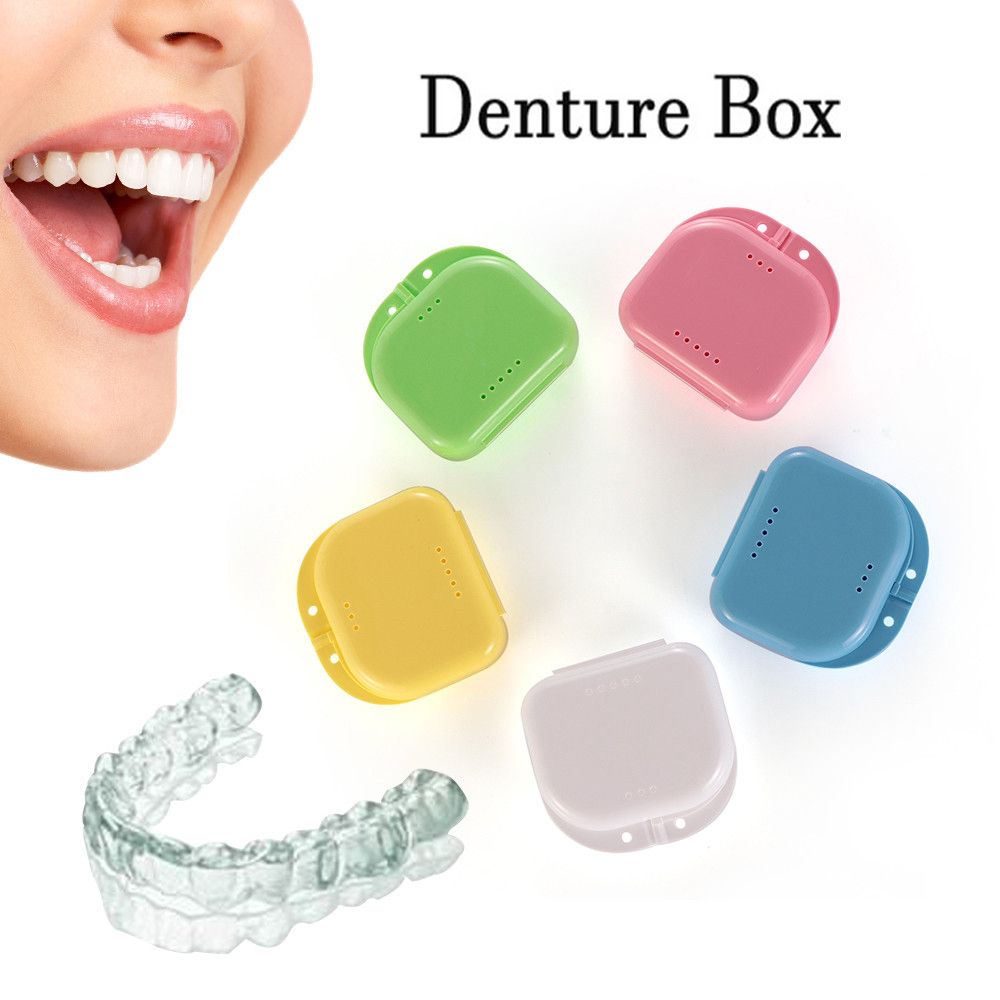
1Pc Braces Orthodontic Case Dental Retainer Box Case Magnetic Aligner Mouth Guard Container For Teeth Travel False Denture Boxes
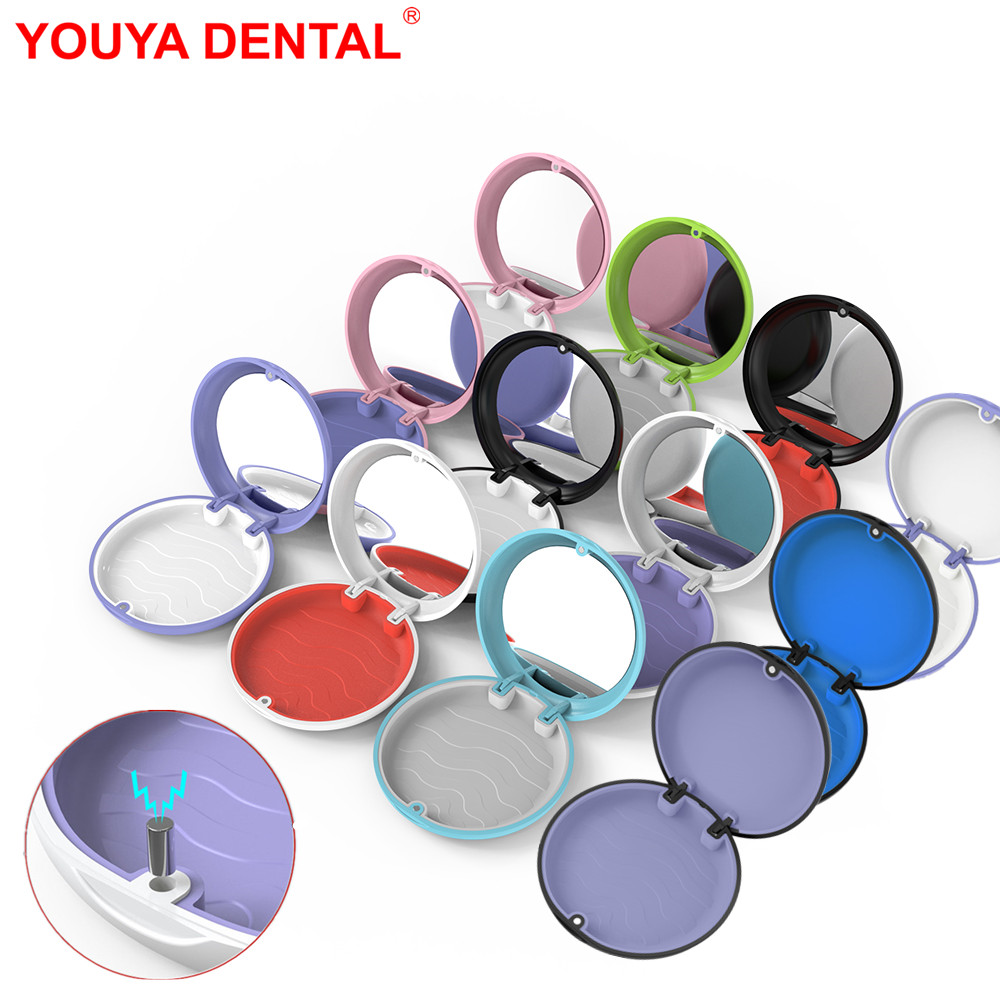
Dental Retainer Case Denture Storage Box Orthodontic Aligner Braces Fake Teeth Mouth Guard Oral Hygiene Supplies Organizer
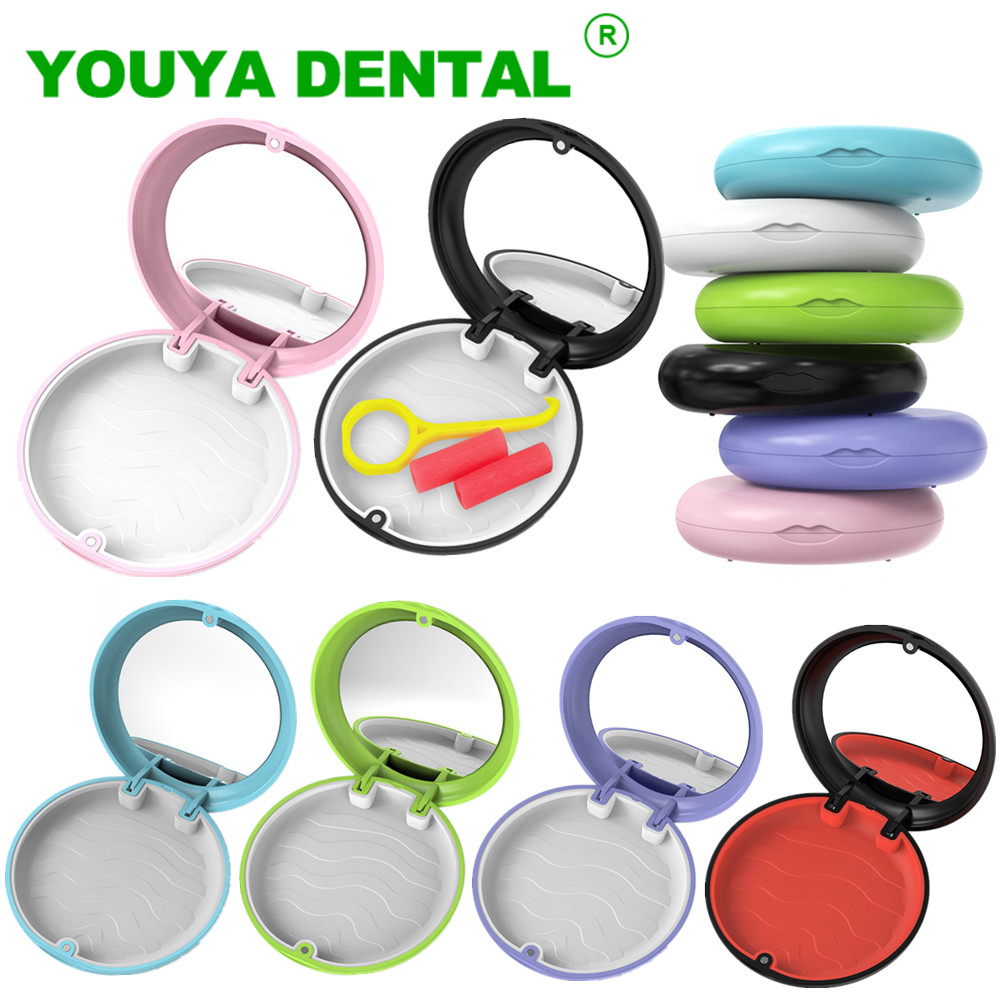
Orthodontic Case Dental Invisible Braces Retainer Box Mouth Guard Denture Storage Aligner Case Oral Hygiene Organizer Beauty
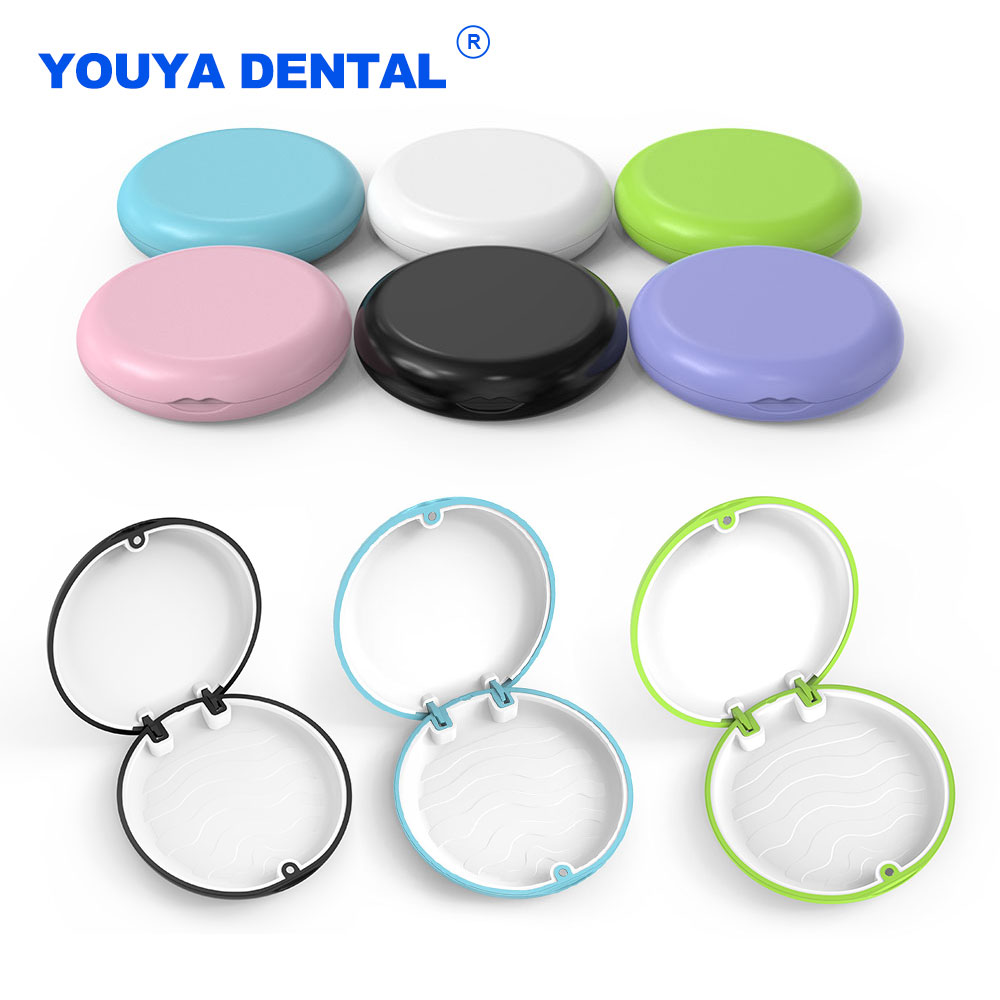
Orthodontic Case Mouth Guard Braces Box Denture Fake Teeth Case With / without Mirror Dental Retainer Case False Tooth Box
